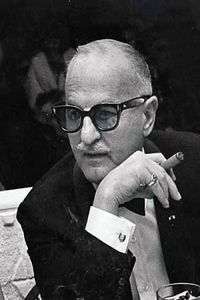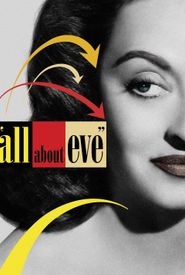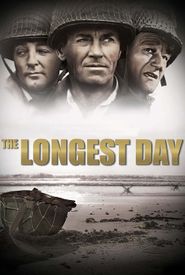Darryl Francis Zanuck, a renowned figure in the world of entertainment, entered this world on September 5, 1902, in the charming town of Wahoo, Nebraska. His parents, Sarah Louise Torpin and Frank Harvey Zanuck, were the proud owners of a hotel, where Darryl spent his early years surrounded by the hustle and bustle of the hospitality industry. He had an older brother, Donald, who unfortunately passed away at the tender age of nine, leaving Darryl to navigate his childhood as an only child. Despite the challenges that came with this loss, Darryl's family played a significant role in shaping his identity, as he was of partial Swiss descent and was raised in a Protestant household.
At the tender age of six, Zanuck, along with his mother, made the decision to relocate to the city of angels, Los Angeles, due to her poor health and the desire to seek medical attention in a more advantageous environment. This significant move marked the beginning of a new chapter in Zanuck's life, one that would ultimately set the stage for his future endeavors in the film industry.
As fate would have it, Zanuck's early exposure to the world of cinema commenced at the age of eight, when he began his film career as an extra, gaining valuable experience and insight into the inner workings of the industry. However, his fledgling career was cut short when he was recalled to his hometown of Nebraska by his disapproving father, who was not pleased with his son's decision to pursue a career in the arts.
Years later, in 1917, despite being only 15 years of age, Zanuck made the bold decision to deceive a recruiter and join the United States Army, opting to serve his country during World War I. This courageous act marked a significant turning point in his life, as he found himself stationed in France, where he would go on to play an active role in the war effort.
Throughout his time in the military, Zanuck would experience the harsh realities of war firsthand, gaining a newfound appreciation for the sacrifices made by those who serve, and ultimately emerging with a sense of purpose and direction that would shape his future endeavors.
Following the conclusion of the war, Darryl F. Zanuck embarked on a journey of self-discovery, dedicating his time to securing various part-time employment opportunities while concurrently striving to establish himself as a prominent writer in the film industry.
Throughout this period, Zanuck demonstrated his unwavering dedication to his craft by producing an array of movie plots, each one meticulously crafted to showcase his unique storytelling abilities.
In 1922, his tireless efforts finally yielded a breakthrough, as he successfully sold his inaugural story to none other than the illustrious William Russell.
This initial triumph was swiftly followed by the sale of his second story to the highly respected Irving Thalberg, further solidifying his reputation as a burgeoning talent in the world of cinema.
However, Zanuck's professional success was soon marred by controversy, as his second story was later accused of being plagiarized by the esteemed Frederica Sagor Maas.
Darryl Francis Zanuck's early career in the film industry was marked by a series of significant milestones, commencing with his stint at the esteemed Mack Sennett studio, where he honed his craft by penning a string of serials, including the notable "The Telephone Girl" and "The Leather Pushers".
Subsequently, Zanuck made the transition to FBO, where his skills as a screenwriter continued to evolve as he crafted a multitude of serials, further honing his expertise in the art of storytelling.
In 1924, Zanuck's talents were sought after by Warner Bros., where he embarked on a prolific period of scriptwriting, producing an astonishing forty-plus screenplays under various pseudonyms, a testament to his versatility and creative range.
As the years progressed, Zanuck's reputation as a skilled storyteller and industry professional grew, culminating in his appointment as head of production at Warner Bros. in 1931, a position that would have a profound impact on the course of his career and the development of the studio.
In the year 1933, Zanuck, a prominent figure in the film industry, made the bold decision to depart from Warner Bros. due to a disagreement over his salary, opting instead to join forces with Joseph Schenck to form a new venture, 20th Century Pictures, Inc. This innovative partnership enabled the studio to distribute its cinematic creations through the auspices of United Artists, thereby establishing itself as the most successful independent movie studio of its era, with an impressive track record of achieving unparalleled box-office success, boasting an astonishing 18 out of 19 films that shattered box-office records.
In a contentious standoff with United Artists, Schenck and Zanuck leveraged their studio's resources to secure the acquisition of the financially troubled Fox film studios in 1935, subsequently establishing the Twentieth Century-Fox Film Corporation.
As a result of this pivotal transaction, Zanuck assumed the role of Vice President of Production, adopting a meticulous approach to his duties. He immersed himself deeply in various aspects of the filmmaking process, including script development, editing, and production, exercising a high level of control and oversight throughout the entire creative process.














































